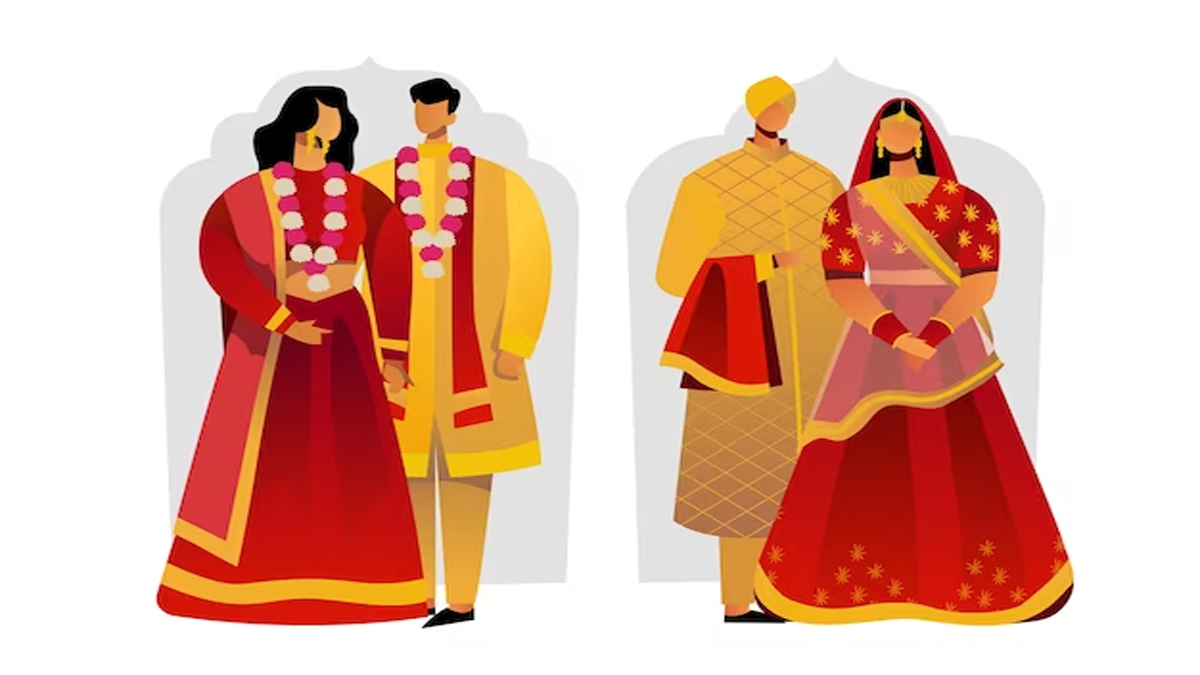Registering a marriage in India involves a legal process that varies depending on the personal laws applicable to the couple. The procedure generally involves the following steps:
- Choose the Applicable Marriage Act: In India, marriages can be registered under various acts, including the Hindu Marriage Act, Special Marriage Act, or the Indian Christian Marriage Act. The choice of act depends on the religion and personal laws applicable to the couple.
- Obtain the Marriage Application Form: Visit the local marriage registration office or the sub-registrar’s office and collect the prescribed application form for marriage registration. You can also check if the form is available online on the official website of the respective registrar office.
- Fill in the Application Form: Provide all the required details in the application form, such as the couple’s personal information, date and place of marriage, details of witnesses, etc. Make sure to fill the form accurately and without any errors.
- Gather the Required Documents: Gather the necessary documents as per the guidelines of the applicable marriage act. The common documents typically required for marriage registration in India include: a. Proof of Age: Documents such as birth certificates, school leaving certificates, or passports that establish the age of both individuals. b. Proof of Address: Documents like Aadhaar card, voter ID card, passport, or utility bills that demonstrate the residential address of both individuals. c. Marriage Proof: This may vary depending on the act under which the marriage is registered. For example, a marriage invitation card, marriage certificate from the religious institution, or a marriage affidavit may be required. d. Affidavit of Marriage: An affidavit stating the date and place of marriage, marital status, and other necessary details may be required. e. Photographs: Recent passport-sized photographs of the couple and witnesses, as specified by the concerned authority.
- Submit the Application: Visit the marriage registration office with the duly filled application form and all the required documents. Submit the application form along with the supporting documents to the registrar or the designated authority. Both individuals should be present during the submission of the application.
- Verification and Interview: After submitting the application, the registrar or the designated authority will verify the documents and conduct an interview with the couple and witnesses. This is done to ensure the authenticity of the marriage.
- Registration and Issuance of Certificate: If all the documents are found to be in order, the marriage will be registered, and a marriage certificate will be issued. The certificate is an essential legal document that serves as proof of marriage.
- Collect the Marriage Certificate: After the registration process is complete, collect the marriage certificate from the registrar’s office. It is advisable to obtain multiple copies of the certificate for future use.
Note: The procedure and specific requirements may vary slightly across different states and regions in India. It is recommended to consult the local marriage registration office or a legal professional for accurate and up-to-date information specific to your location and personal circumstances.
